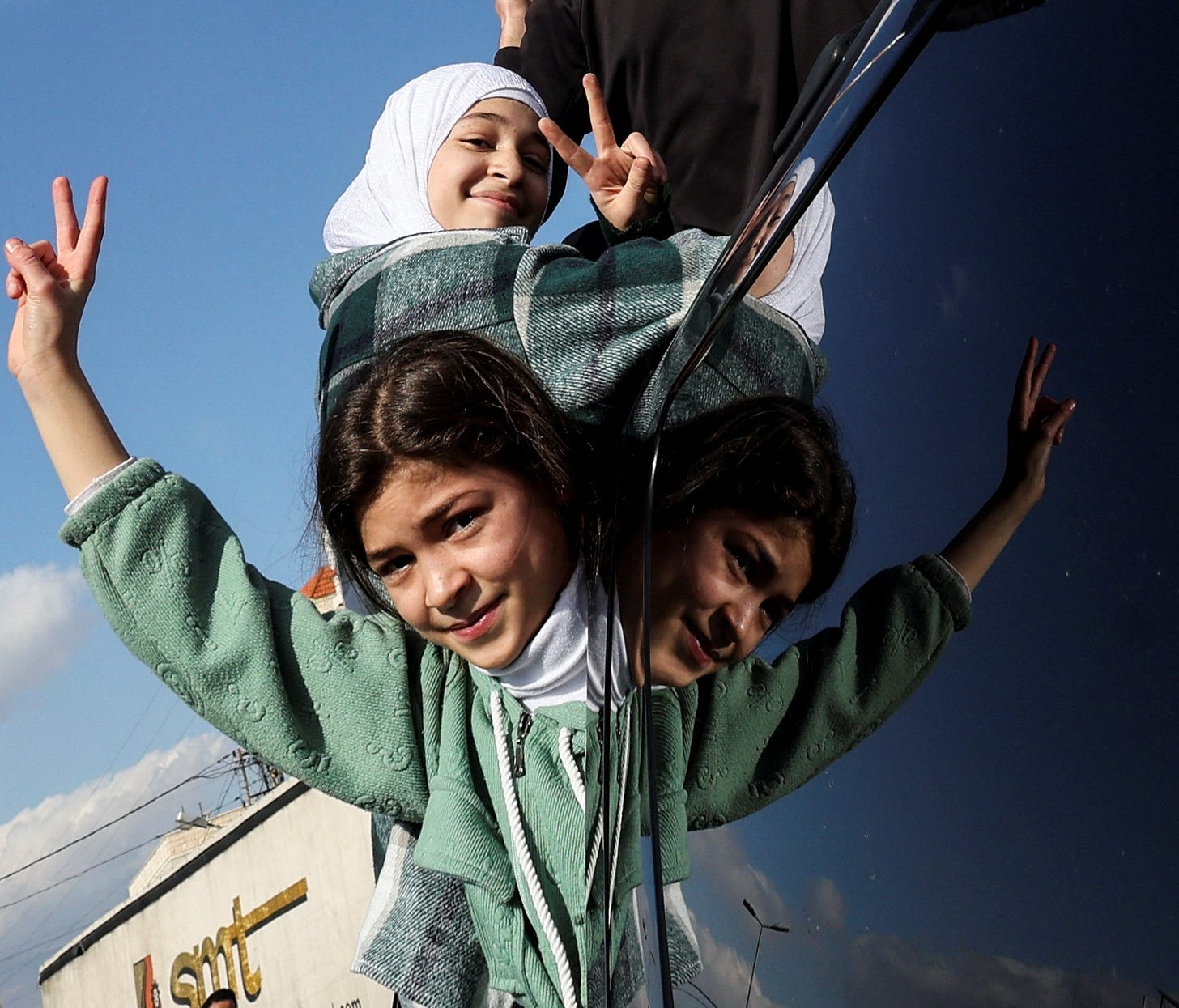[Amr Abdallah Dalsh/Reuters]
Syrians are rejoicing in the streets without fear of retribution, torture, and death for the first time in years as tyrant Bashar-al Assad has fled to Russia, effectively ending a horrific six-decade dictatorship he inherited from his father.
The world is forced to pay attention to the war-torn country that has endured a 14-year civil war in which more than half a million people were killed and over half of its population was displaced creating the largest refugee crisis of our time. Horrific videos are circulating of elaborate underground prisons where Assad’s regime kidnapped and tortured dissidents and critics, many of who are emerging years after family and loved ones assumed they were dead.
However, the jubilation has also been met with caution and dread by many who fear Syria will follow in the bloody footsteps of Libya or Yemen and succumb to internal conflicts, be exploited by various foreign actors, or empower religious extremists to ascend in the power vacuum. Will the United States under the Trump Administration commit to humanitarian development, economic aid, and help build a healthy, democratic Syria or will it abandon the country to hostile actors such as Russia, Iran, and Israel?
There’s a lot to unpack but thankfully I was lucky enough to talk to Qutaiba Idlbi, an expert on Syria and a Syrian American whose family has suffered immensely under the Assad regime. Currently, he is a senior fellow with the Atlantic Council's Rafik Hariri Center and Middle East Programs where he leads the Council's work on Syria. He was also a co-founder and vice president of People Demand Change, where he managed and evaluated governance, civil society strengthening, and peacebuilding programs in Syria, Yemen, and Lebanon.
Grab a chai and give us a listen.















Share this post